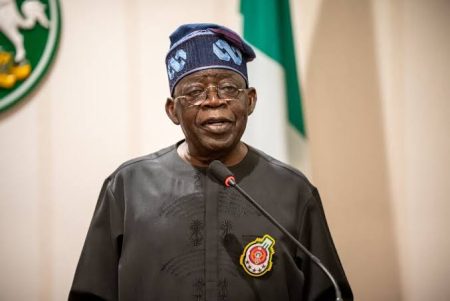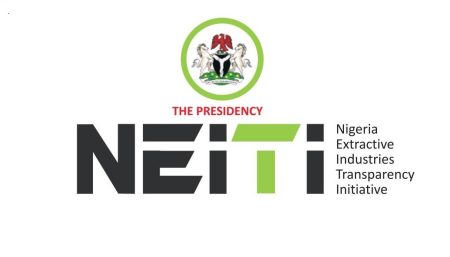The Molade Okoya-Thomas Hall in Lagos, Nigeria, is set to become the epicenter of West African table tennis rivalry as it hosts the 2025 ITTF Africa West Regional Championships. This crucial tournament, commencing on Wednesday, July 16th, serves as the qualifying gateway to the continental showdown, the 2025 African Championships, scheduled for later this year in Kigali, Rwanda. The regional championships will witness intense competition across both team and individual events, culminating in the crowning of champions on Thursday, July 17th, for the team events, and Saturday, July 19th, for the singles finals. Nigeria, the host nation and traditionally the regional powerhouse, faces a renewed challenge to its dominance from rising contenders like Togo and the Ivory Coast, promising a captivating spectacle of skill and athleticism.
Nigeria, accustomed to regional supremacy, enters the tournament with a palpable sense of anticipation, but also with the weight of expectation. The memory of their stunning defeat at the hands of Togo in the 2024 edition, a 3-2 upset in the men’s team event, serves as a stark reminder of the shifting landscape of West African table tennis. While historically dominant, Nigeria now confronts a field of increasingly competitive nations, eager to dethrone the reigning champions. This year’s tournament is not merely about maintaining regional dominance, but about reclaiming it, proving their mettle against a backdrop of heightened competition.
The men’s team event promises a thrilling showdown. Nigeria fields a formidable lineup, spearheaded by experienced players like Matthew Kuti and Taiwo Mati, complemented by the emerging talents of Muiz Adegoke, Abdulbasit Abdulfatai, and Matthew Fabunmi. However, they face a significant threat from Togo, whose victory in the previous edition fueled their confidence. Togo’s US-based star, Kokou Fanny, provides the team with international experience and a potent attacking threat, while Atarou Assou and Kossi Akakpo add depth and youthful dynamism to their squad. The clash between these two nations is poised to be one of the tournament’s highlights, a rematch laden with history and high stakes.
Adding further intrigue to the men’s competition is the presence of Ivory Coast, led by the inaugural regional champion, Oba Oba Kizito. Returning from his training base in Paris, Kizito carries the weight of expectation and the burning desire to finally secure the gold medal that has eluded him in four previous attempts. His experience and determination will undoubtedly make Ivory Coast a force to be reckoned with, adding another layer of complexity to the battle for regional supremacy. The combination of these three powerhouses – Nigeria seeking redemption, Togo riding high on their previous victory, and Ivory Coast driven by Kizito’s ambition – sets the stage for an electrifying contest.
The women’s competition, while expected to see continued Nigerian dominance, is not without its own compelling narratives. The absence of reigning singles champion Hope Udoaka presents both a challenge and an opportunity for the Nigerian team. Veteran Ajoke Ojomu will captain the side, providing leadership and experience to the rising stars Aishat Rabiu and Aziza Sezuo. The responsibility of upholding Nigeria’s reputation falls upon their shoulders, and the tournament will be a crucial test of their ability to perform under pressure. While Nigeria remains the favorite, the competition provides a platform for other nations to showcase their talent and potentially challenge the established order.
The 2025 ITTF Africa West Regional Championships is more than just a qualifying tournament; it’s a showcase of the growing strength and depth of table tennis in the region. The convergence of established powerhouses and emerging talents creates an atmosphere of intense competition and unpredictability. While Nigeria aims to reassert its dominance, nations like Togo and Ivory Coast are poised to capitalize on any opportunity to upset the traditional hierarchy. The tournament promises thrilling matches, dramatic upsets, and the emergence of new stars, ultimately shaping the future of table tennis in West Africa. For the players, it’s a chance to secure regional glory and a ticket to the continental stage; for the spectators, it’s an opportunity to witness high-octane table tennis and be a part of a historic event.













